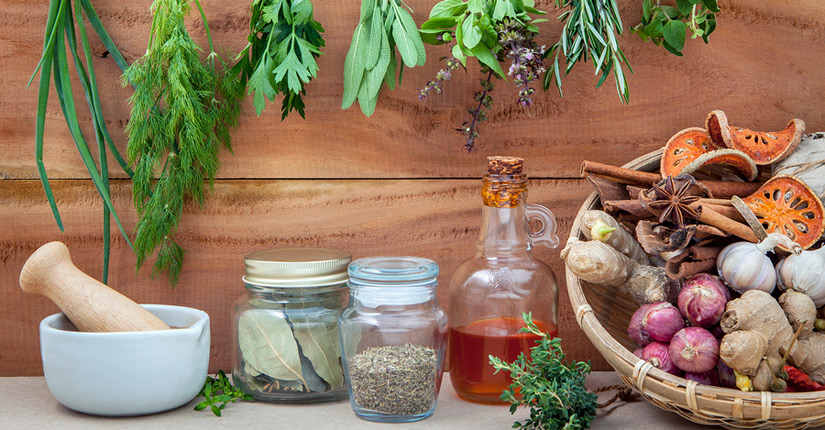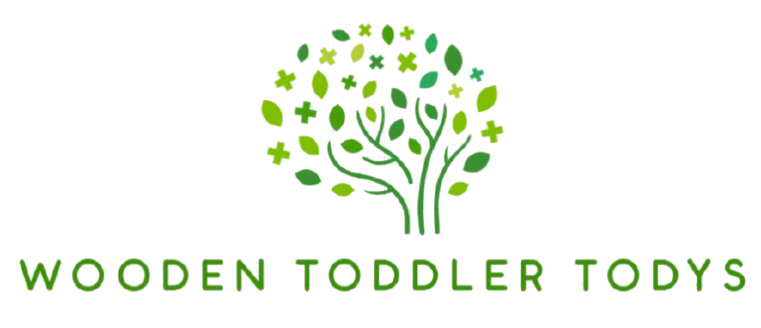
Herbal Medicine, what is it?
Herbal medicine, also known as herbalism is the use of medicinal plants to treat a person. It is widely also known as Phytomedicine or Phytotherapy. It is used in alternative medicine like Naturopathy and Ayurveda. In a synthetic world, highly dominated by chemicals and their side -effects we can see a natural drift of the world towards natural medicines or herbs, for reasons more than one.
Some common and uncommon herbs used
Some of the common medicinal herbs are dandelion, garlic, ginger, aloe vera, rosemary, geranium, tulsi (holy basil), fenugreek. These herbs are used in some countries as an essential part of the diet and also for their flavours. The medicinal properties of these herbs are immense and sometimes lifesaving. When used as herbal medicine, not only it is prepared and prescribed orally but also for topical applications in the form of essential oils and aromatherapies. Some more examples of herbal medicine components are chamomile, ginseng, milk thistle and saw palmetto. While using these herbs in preparing herbal medicines, either a part of the plant or the whole plant is used.

Sydenham and natural healing processes
The above-mentioned herbs are seen to be growing in the soils of Sydenham, giving rise to several alternative medicine treatments using herbal medicines. Also, Australia boasts of some of the top universities that churn out several Naturopaths and herbalists every year and hence the use of herbal medicines is wide and noteworthy.
How are herbal medicines administered to a patient?
There are many ways in which herbal medicines can be used.
One very common way of administering these herbs to a patient is in the form of
Herbal tinctures. In this method, the medicinal plants are extracted in glycerine or alcohol. In this, a person gets to taste the plant as it is not enclosed in a pill form.
Extracts are herbs in a pill form. It may contain a single herb or a blend of the herb. For people who are turned off by the taste of the actual herbs, a pill is quite useful. It is easier to carry and also for people who are always on the go. Teas contain a very mild quantity of herbs and are great in taste. As discussed earlier herbal medicines can also be used as topical applications, in the form of lotions, ointments and oils. They are widely used to heal cuts, bruises, and infections.
Benefits of herbal medicine
- Herbal medicine acts in a way in which it supports the body’s innate ability to self-heal and strengthen this vital force within.
- People do not become dependent on herbal medicines as compared to allopathy in some cases.
- For cases of psychosomatic illnesses like anxiety, depression, herbs are said to make you feel connected to nature and hence more beneficial than synthetic medicines
- No side effects of herbal medicine are administered by a practitioner.
- We all are made out of nature and that is why we get maximum benefits while having something natural, it is far more healthy and keeps you centred and connected.





